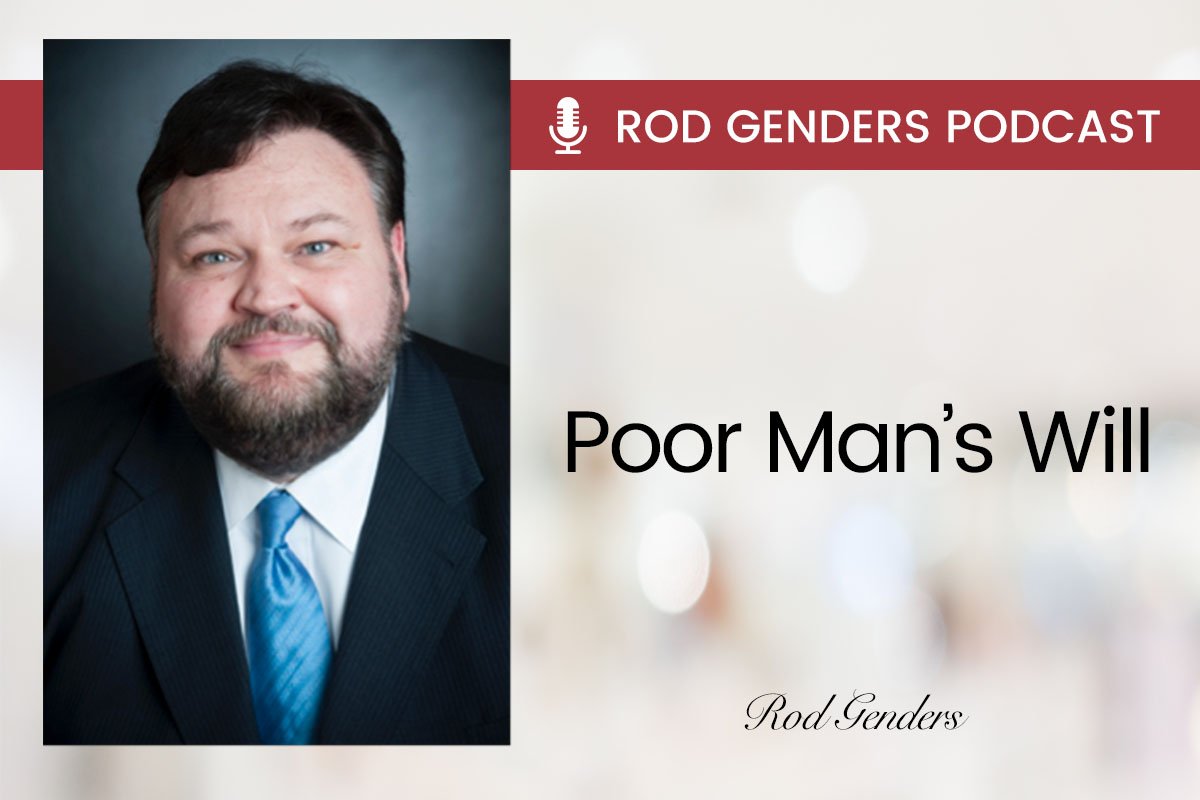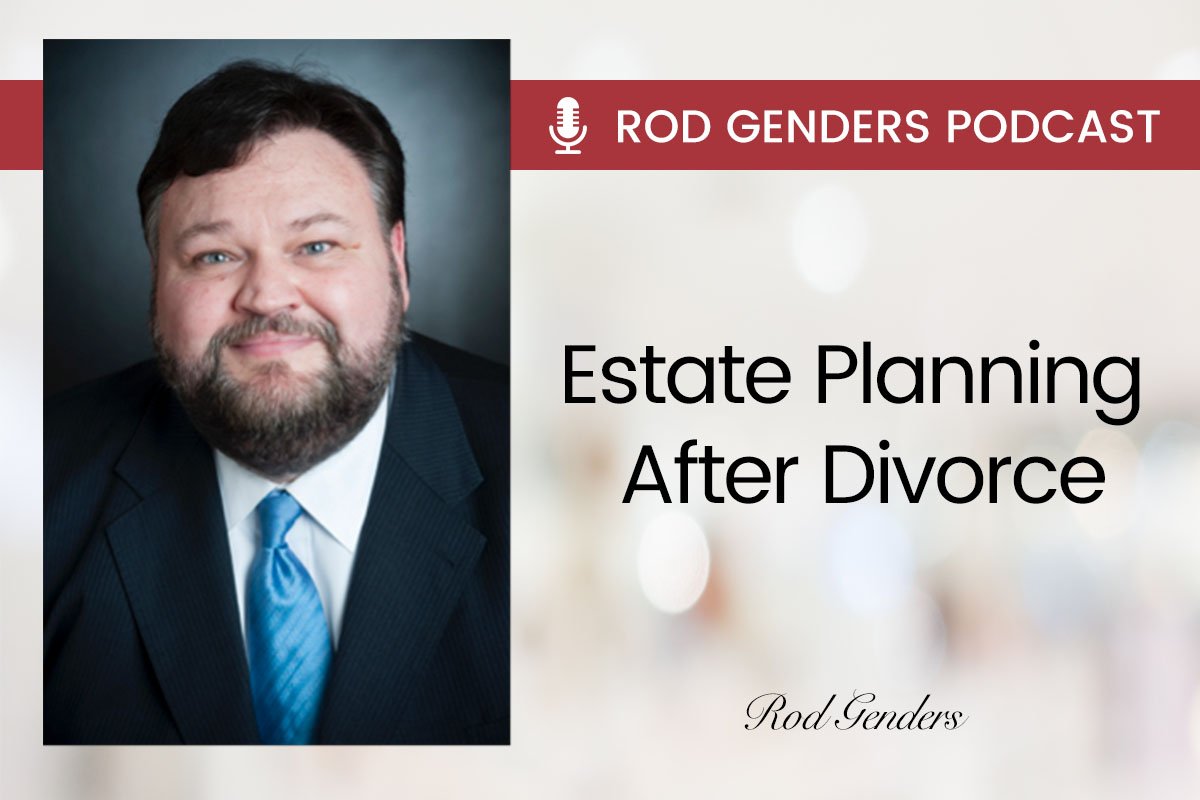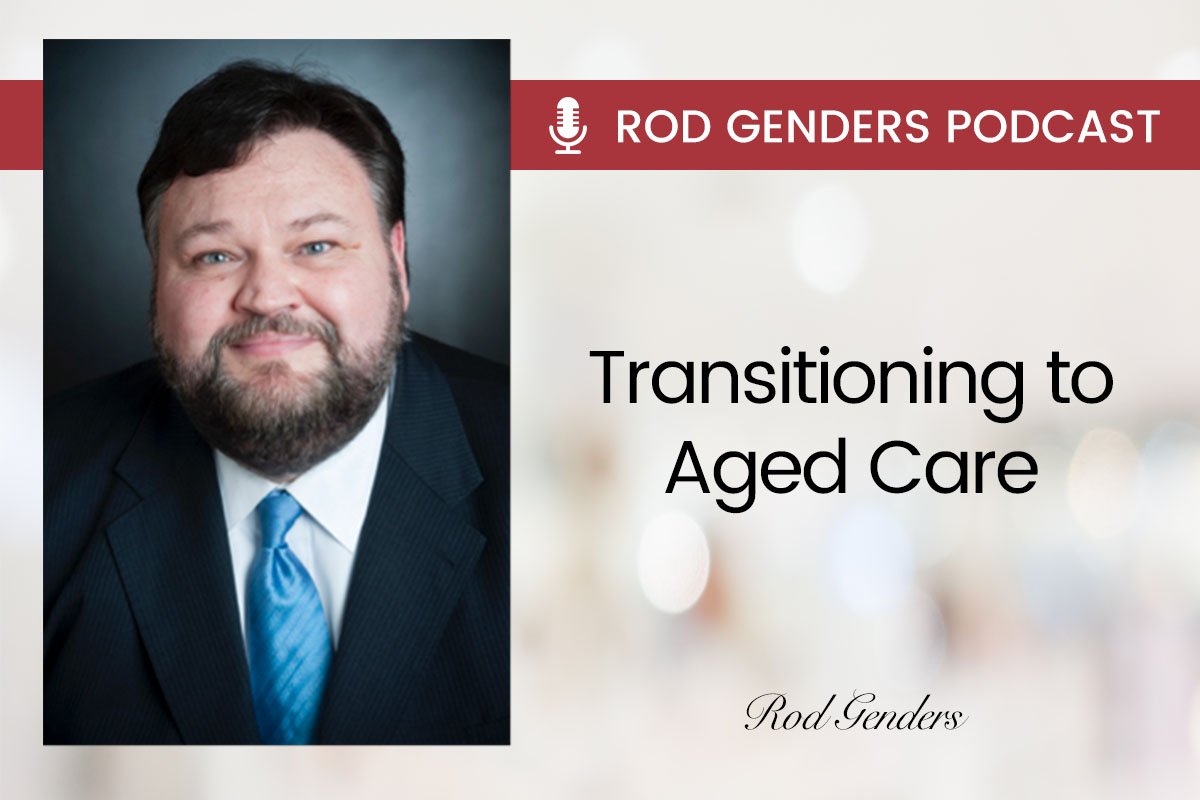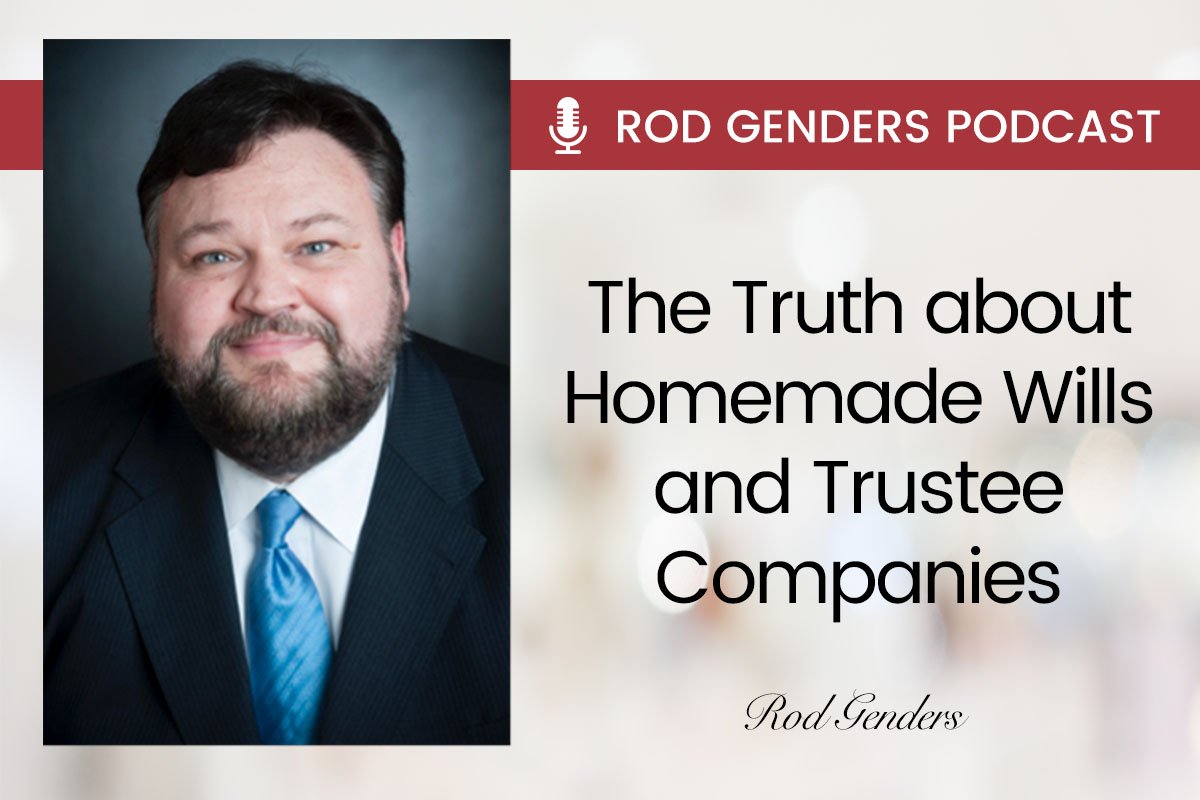Sometimes the Executor of a Deceased Estate gets pressure from family and other beneficiaries to do questionable things in the administration of the Estate.
Here are a few of the higher-risk demands frequently directed at nervous Executors by pushy relatives:
1. Obtain a Grant Of Probate As Quickly As Possible
Sometimes relatives and other potential beneficiaries might push an Executor to go faster than they should. Almost always, those beneficiaries will have their own interests at heart, without necessarily considering your rights, duties and responsibilities as Executor, nor the other interests attaching to a Deceased Estate. A prudent Executor might do well to remember the adage: Good. Fast. Cheap. Pick 2.
In South Australia, generally Probate cannot be applied for until at least 28 days after death. In certain circumstances an urgent application can be made faster than this, however special reasons need to be proven.
Details




















